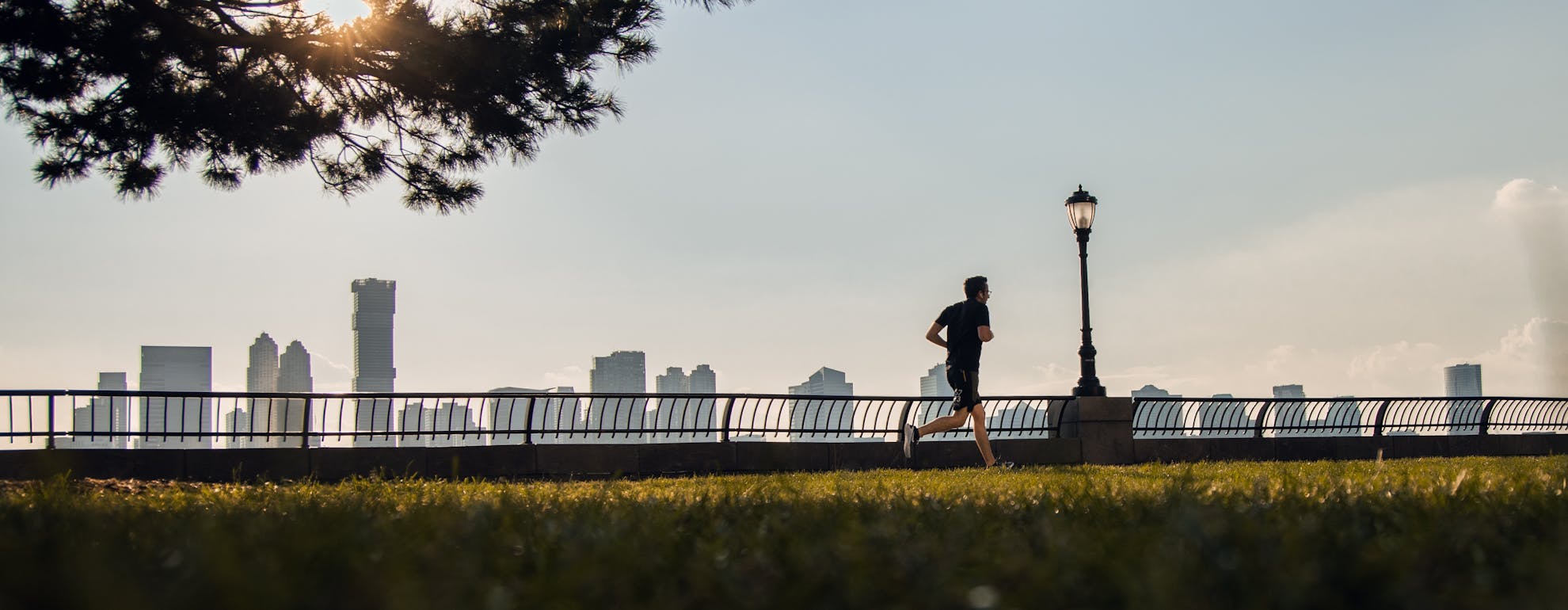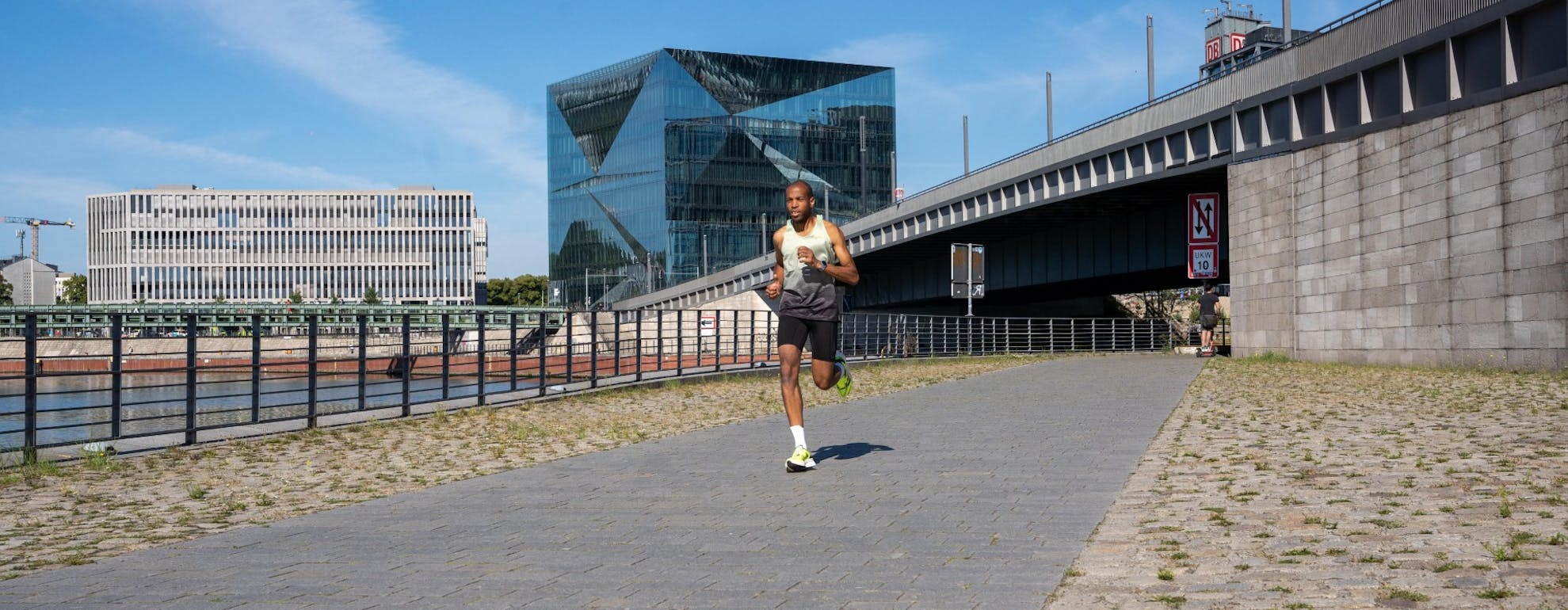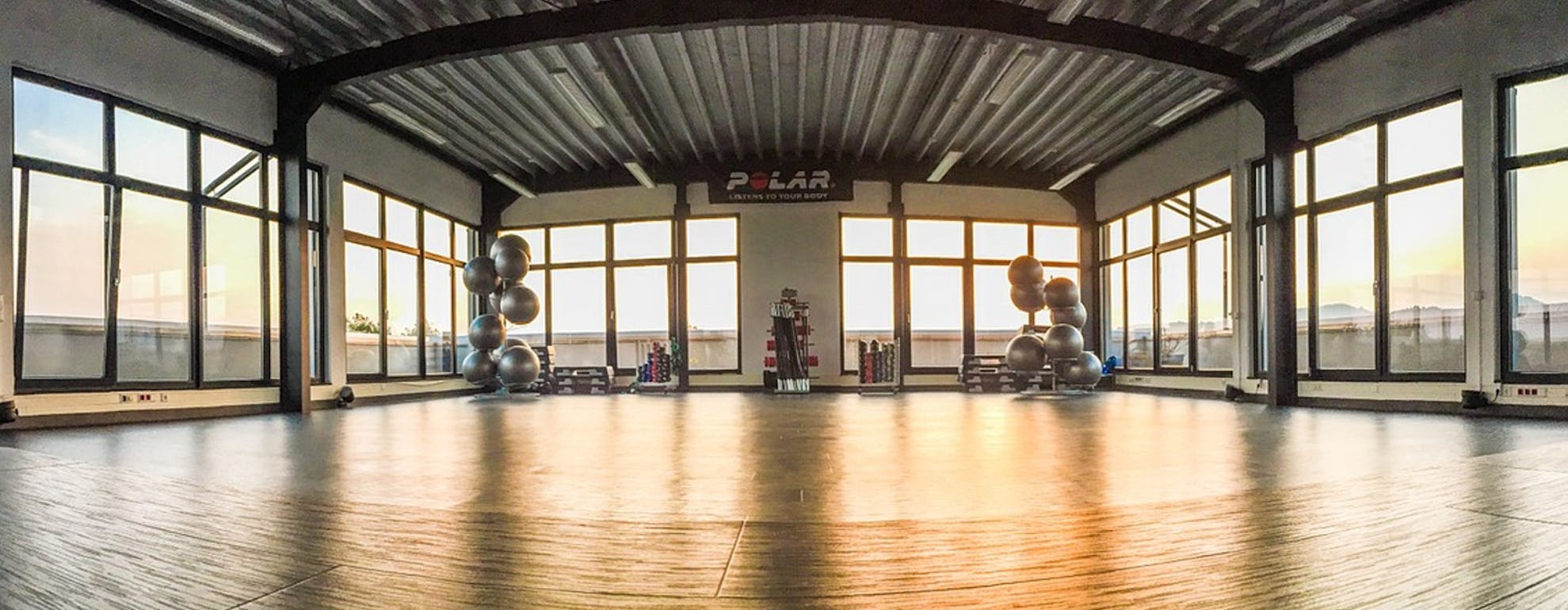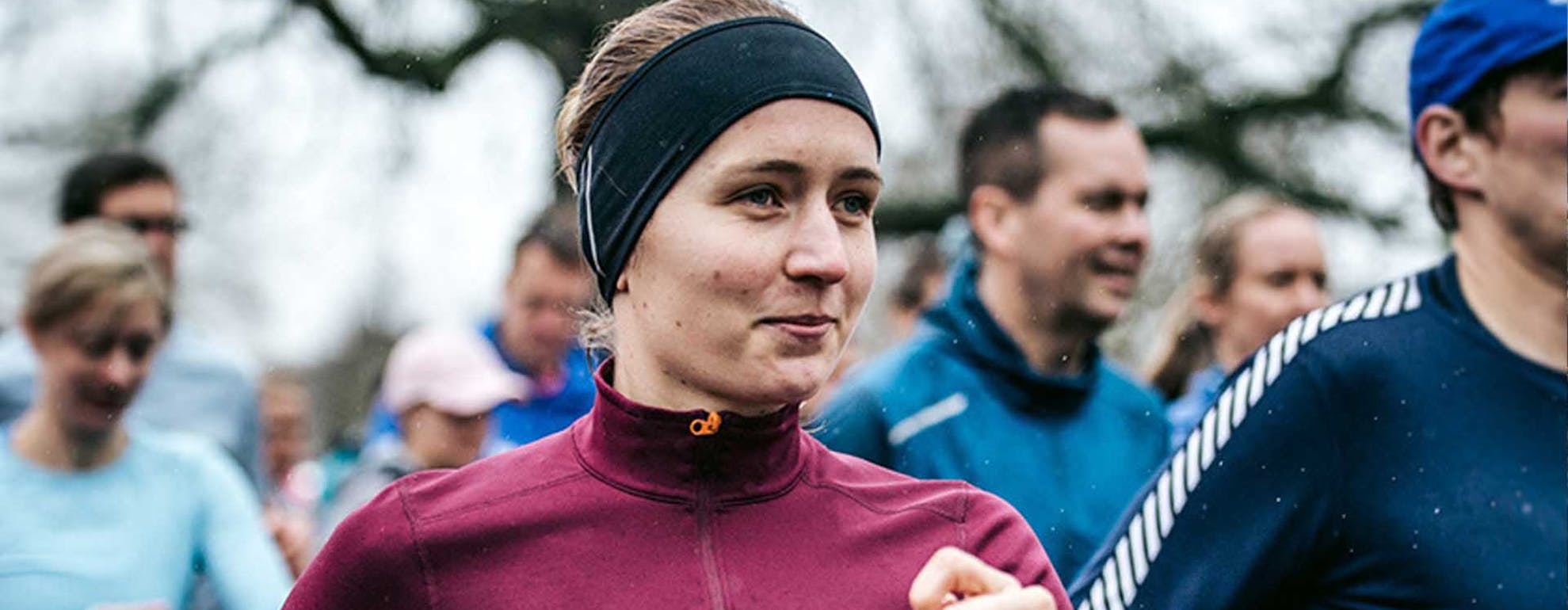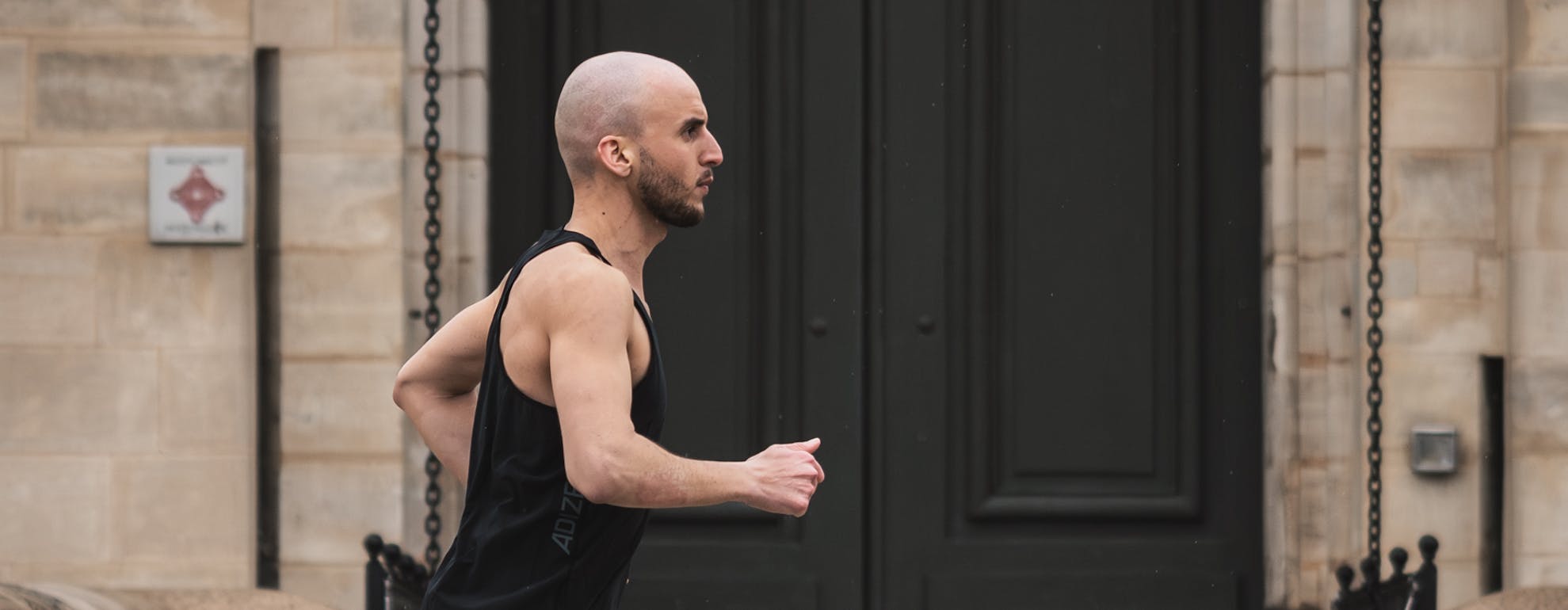
Marathon Training During Ramadan: Insights from Samir Mouffok
Ramadan is a month in the Muslim calendar during which it is forbidden to eat or drink between sunrise and sunset. It's a month that Muslims look forward to with great impatience. As well as fasting, it provides an opportunity for families to gather around a meal each evening. It's a time for sharing, a time for forgiveness, a time to learn more about religion and faith, and a time to help the most deprived. It's a soothing month that allows Muslims to refocus on what's essential.
In 2024, Ramadan coincides with the marathon season, occurring just before the Marathon des Sables, slated to commence on 12th April 2024, two days after Ramadan concludes. Amidst this unique timing, our ambassador, Samir Mouffok, is diligently maintaining his preparatory training, but with significant adaptations tailored for the arduous desert conditions of this marathon. Samir has always had the habit of staying active during Ramadan, typically engaging in daily runs ranging from 30 minutes to 1 hour before breaking his fast. However, this year presents new challenges and adjustments for him.
ㅤ
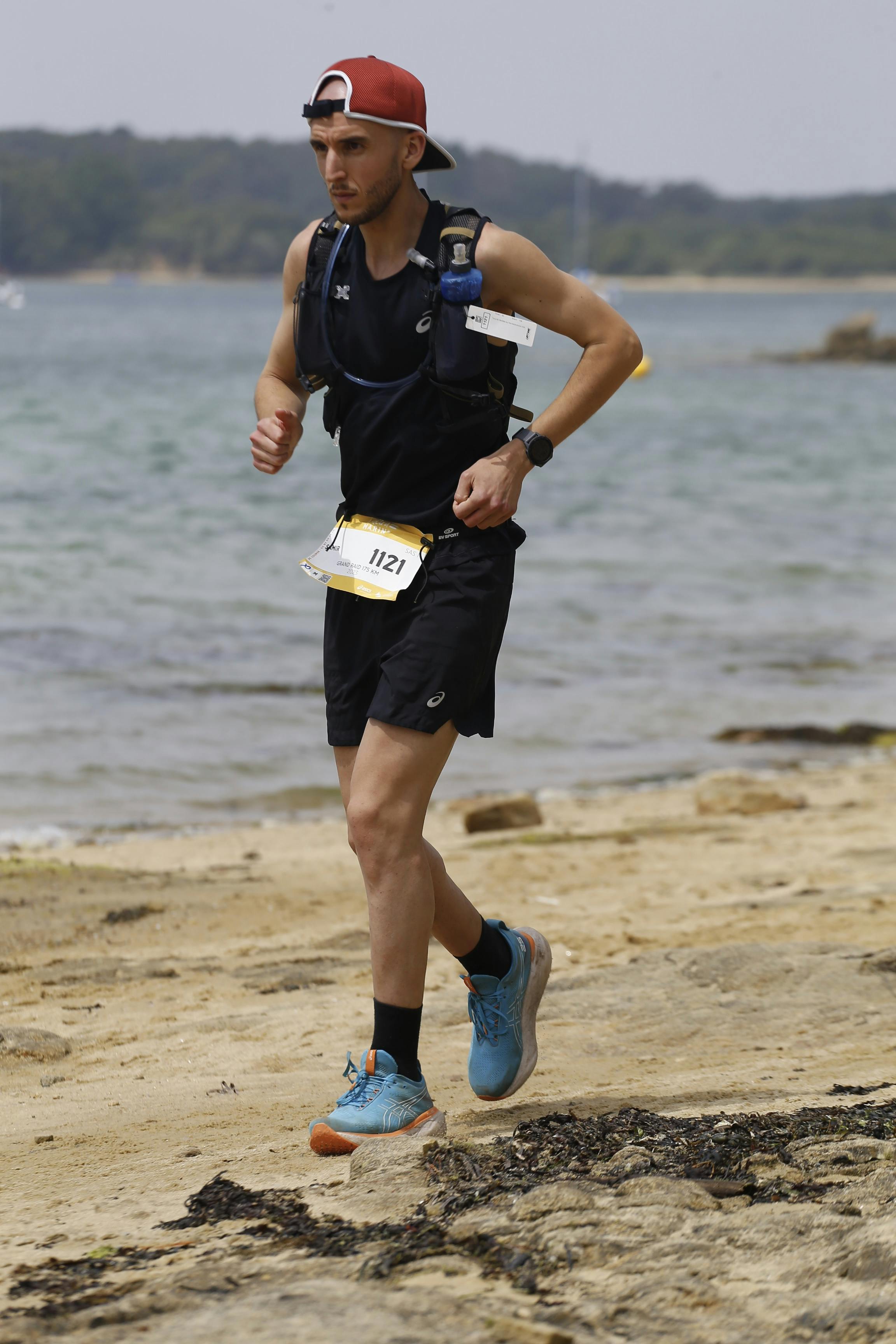
ㅤ
Samir has chosen to maintain mild training sessions before breaking his fast, following a rhythm of several training sessions during this period. However, due to the inability to sustain runs exceeding 30 km without proper hydration and nourishment, he opts to conduct these sessions during the night. This allows him to stay adequately hydrated and consume sufficient food to support his endurance efforts. In order to continue his preparation and tackle long runs exceeding 30 km, maintaining hydration and nutrition becomes essential for Samir. Consequently, planning his training during the night becomes a necessity, affording him the opportunity to hydrate and eat to his satisfaction. Additionally, as Samir cannot run for more than 1.5 hours without supplemental energy, he relies on products like Maurten, ensuring he has the necessary fuel to sustain his performance during these extended training sessions.
ㅤ
Throughout this holy month, days are structured around prayer times. The final prayer of the day, known as isha, is followed by additional prayers. It is after these, particularly on Friday and Saturday nights, that Samir has chosen to schedule his long runs. This strategic decision allows him to simulate conditions similar to those he'll face during the Marathon des Sables, running on a relatively empty stomach and experiencing significant fatigue accumulated throughout the day.
At SportsShoes, we've conducted an interview with Samir regarding the preparation he's currently undertaking, and he has kindly responded to our questions. Keep reading to learn more.
ㅤㅤ
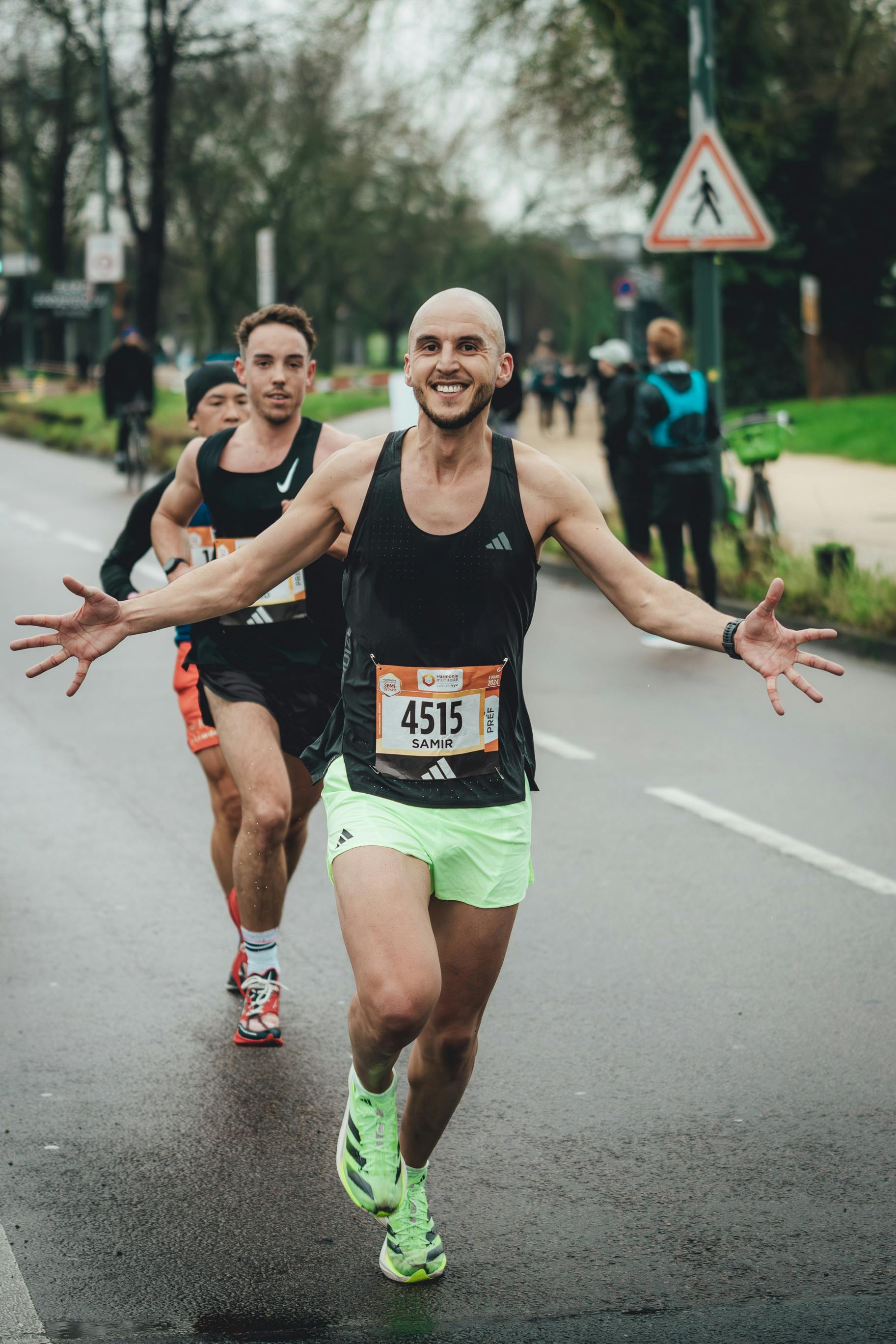
Photo credit: PhotoCapture
ㅤ
How do you manage to balance your training with the Ramadan fast?
During the month of Ramadan, my training is organised around the time I break my fast. Ideally, I train 1 hour before so that I can eat and drink straight afterwards. The idea is to maintain a decent pace without getting too tired.
ㅤ
Have you adjusted your training programme to take account of the constraints of fasting?
Yes, especially the long runs. I have to do one long run a week. I can't run 25 or 30 km in the middle of the day because of nutrition, so I do this type of exercise outing at the weekend after eating, usually at around 10:30-11:00 pm so that I can eat and drink during the outing. This timing allows me to properly fuel and hydrate while still experiencing the fatigue from the day, simulating the conditions of the Marathon des Sables. To sustain my energy levels during these extended runs, I rely on products like Maurten, which provide the necessary fuel to keep me going.
ㅤ
What are the specific challenges you face when training during Ramadan?
Without hesitation: thirst! That's the hardest thing. Hunger is rarely felt, or only slightly. However, thirst is more complicated, especially after training. Hence the importance of managing intensity.
ㅤ
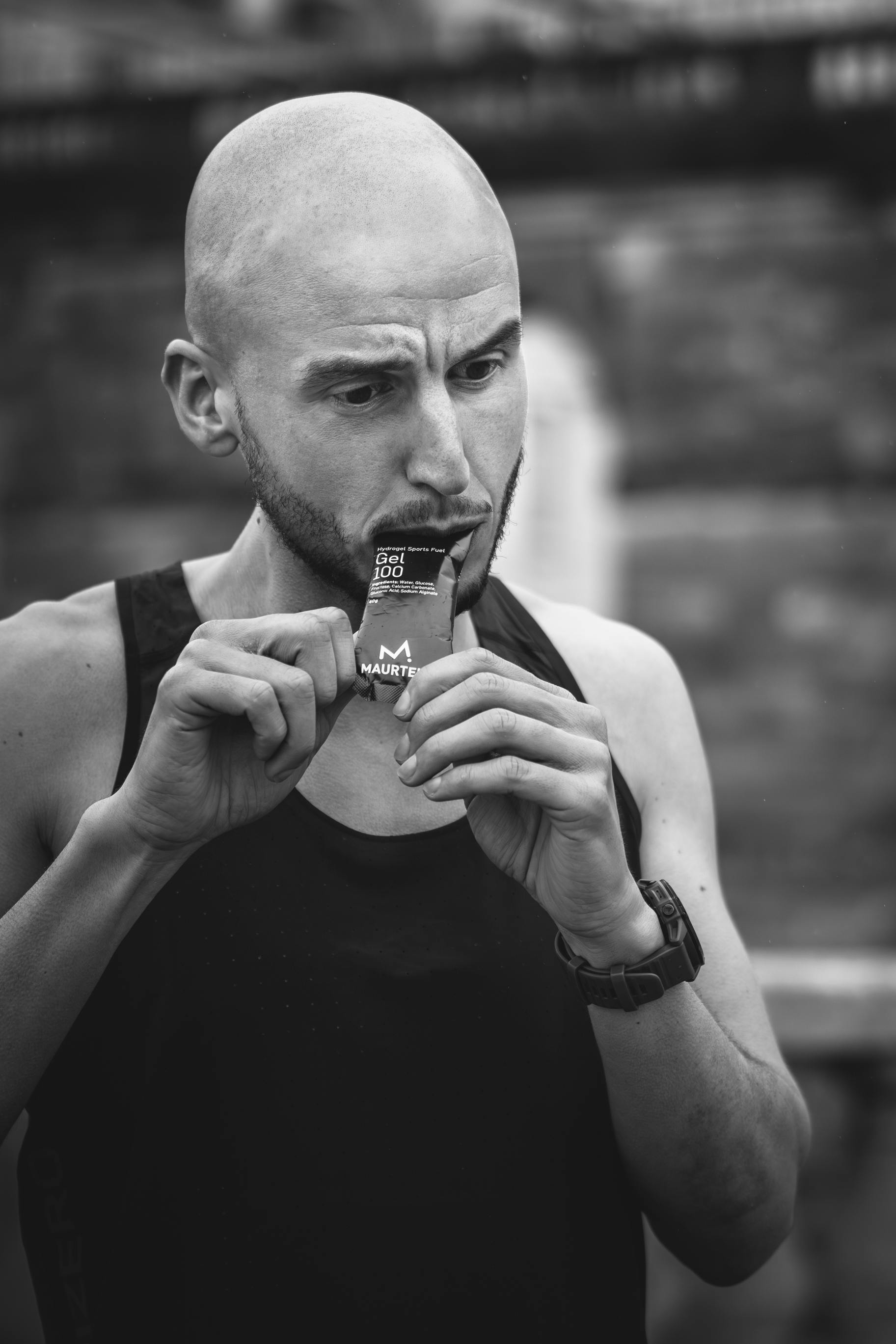
Photo credit: PhotoCapture
ㅤ
Have you changed your diet or sleeping habits to optimise your performance while fasting?
Your lifestyle changes completely during the fasting period. Meals are different and fewer than usual. You have to maintain your intake with a single meal in the evening and then a second one very early in the morning before sunrise. Sleep is also affected by this rhythm, with people waking up early to eat a little and then going back to bed.
ㅤ
Are there any tips or strategies you follow to maximise your performance while respecting the Ramadan fast?
Don't sweat too much so that you don't get too thirsty. I don't go running in direct sunlight if it's hot and I keep my pace light. This allows me to keep going for a longer time and over the long term. You can also do a bit of low-intensity muscle strengthening.
ㅤ
How does fasting during marathon training affect your mental preparation?
I find that it strengthens my mind. And for the test that awaits me in the desert, running with hunger and thirst this month is good training. When I'm running, even if I start to feel thirsty, I can't drink, I have to wait. So that gives me a chance to work on my mental state at times when things are a bit difficult.
ㅤ
Do you have any tips for recovering effectively after your training sessions while fasting?
As I was mentioning, I train just before breaking my fast, which allows me to eat and drink immediately after the training session. Moreover, I make sure I consume at least 1.5 litres of fluids between the time I break my fast and go to bed. It's crucial because during the day, you abstain from drinking, and when you train, you lose even more water. Therefore, it's essential to replenish our hydration levels adequately.
ㅤ
What impact does fasting have on your recovery time between training sessions?
During this month of fasting, you obviously lower the pace and volume of your sessions, consequently limiting them.
The body is not able to accumulate several training sessions during the week. Training sessions are light during this period, simplifying recovery, provided you consume sufficient water in the evening. If you don't drink enough, recovery will be more difficult. Lack of water leads to injuries.
So I don't think Ramadan is a constraint, but on the contrary a blessing to encourage me to organise myself differently by refocusing on the essentials while preparing for my departure by finalising the last arrangements.
ㅤ
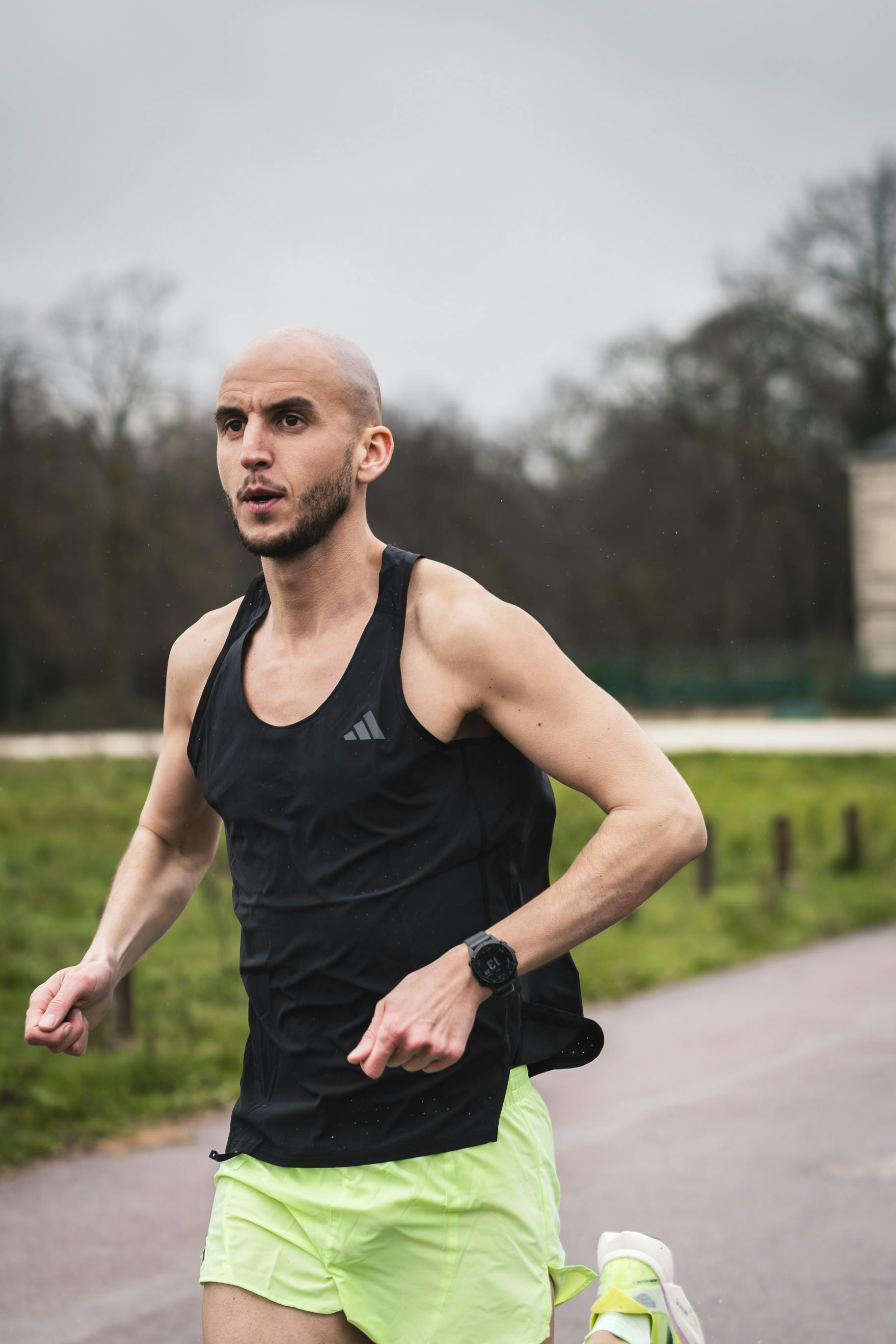
Photo credit: PhotoCapture
ㅤ
Click here to stay updated on Samir Mouffok's journey and receive further insights into his training techniques, follow him on Instagram. We extend our gratitude to Samir for sharing his experiences and answering our questions. For more information on his performance in the Marathon des Sables and to explore recommended products like Maurten nutrition, visit our Hub.
ㅤ
Looking for some training tips and advice? Then head over to our Training category where our athletes and experts explain everything you need to know.
Welcome
Welcome to the SportsShoes Training Hub! We’ve teamed up with athletes and experts to bring you the very best advice on how to maximise your workouts and achieve your best results.
Read More
Share this
Featured Articles
View All
